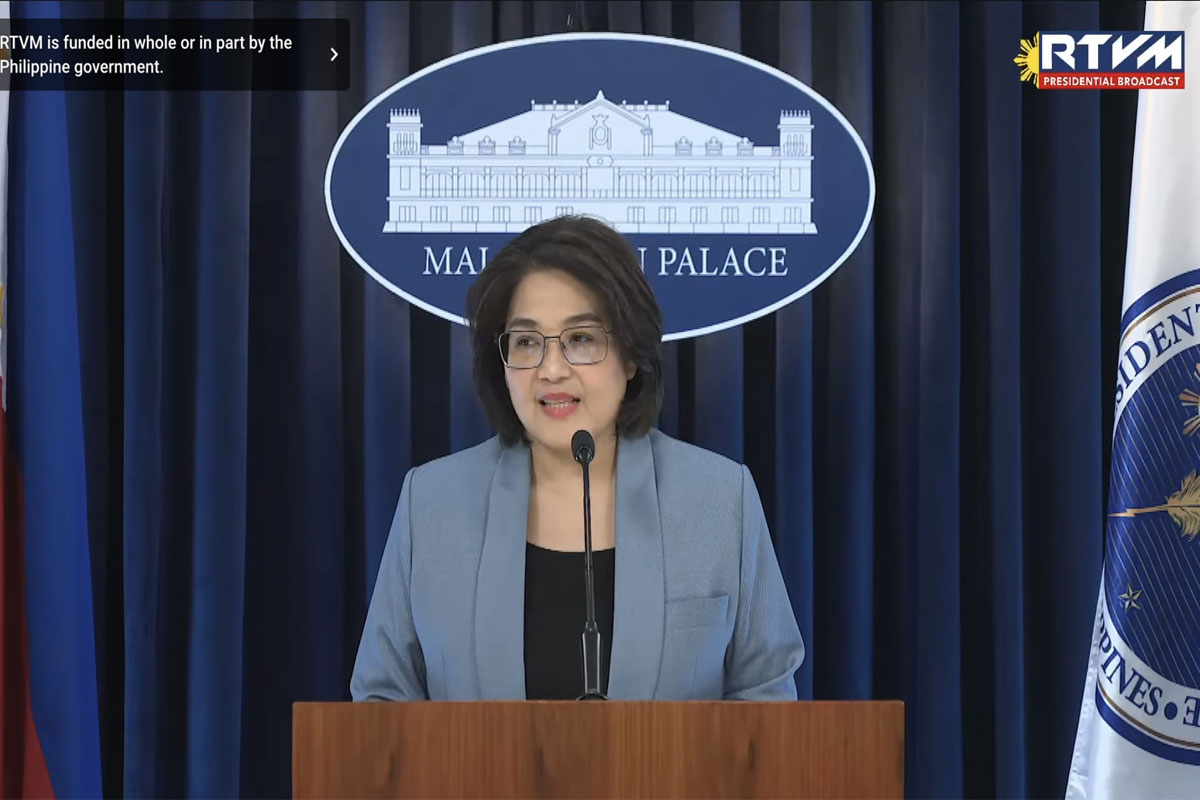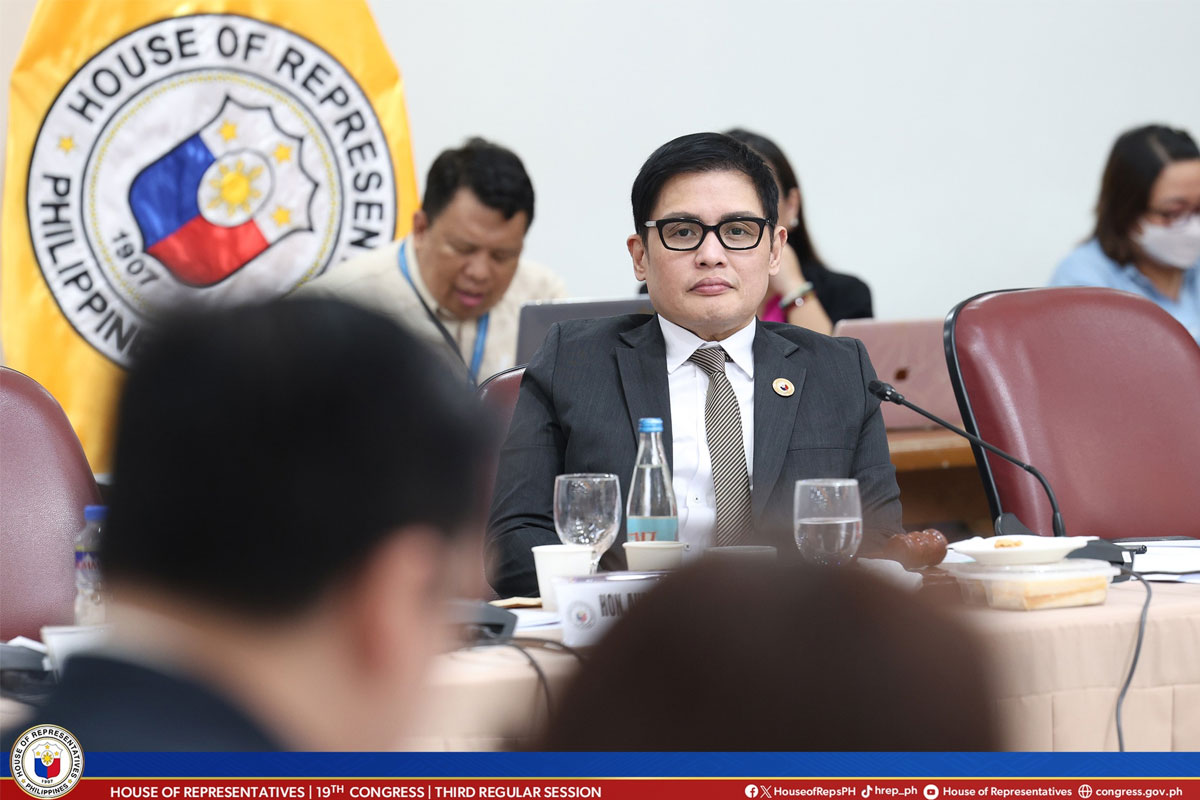
VAT on foreign digital services signed into law
PRESIDENT Ferdinand Marcos Jr. has signed into law a measure imposing a 12% value added tax on digital services provided by foreign companies.
In his speech during the ceremonial signing of the Republic Act 12023, Marcos clarified that the government is not imposing new taxes.
Marcos said the new law aims to level the playing field of the digital landscape in the Philippines.
The President added that the new law bridges the gap brought about by the rapid change in the digital world.
“With this law, we say that if your presence in the Philippine market is as real as your profits, then your tax responsibilities should also be equally tangible,” Marcos said.
“But make no mistake, we are not imposing new taxes, we are simply strengthening the authority and streamlining the process of the BIR to collect value-added tax on digital services,” he added.
The Value-Added Tax on Digital Services Law strengthens and streamlines the authority of the Bureau of Internal Revenue (BIR) to collect VAT on digital services, including digital media, digital music, digital video games, video-on-demand, and digital ads.
It covers digital platforms such as Netflix, Spotify, Amazon and Lazada, among other digital service providers (DSPs).
“Local business and international digital platforms now compete on equal terms. We no longer will be playing by different sets of rules. If you are reaping the rewards of a fruitful digital economy here, it is only right that you contribute also to its growth,” Marcos said.
“After all, whether you are a small tech start-up or a global tech giant based halfway around the world, if you are making money here in the Philippines, you are part of our community. And with that comes a shared responsibility,” the President added.
Senator Sherwin Win Gatchalian agreed that the imposition of VAT on foreign digital services levels the playing field amid growing Filipino preference for digital services.
“We believe in the importance of creating an environment where our digital services providers, whether they are nonresident or local, operate under fair and square tax policies,” Gatchalian said following the recent enactment of Republic Act 112023.
He stressed that the enactment of the measure does not mean a new tax imposition.
“Hindi tayo nagpapataw ng bagong buwis. Kokolektahin lang natin ang buwis na dapat naman talaga nating nakokolekta mula sa mga dayuhang digital service providers,” he added.
The chair of the Senate Committee on Ways and Means, Gatchalian explained that in Section 108 of the Tax Code, the sale of services performed in the country is subject to a VAT. Thus, all digital service providers should be subject to VAT whether they are nonresident or resident.
However, due to the ambiguity of the law, the taxability of non-resident digital service providers has become unclear.
“Dahil sa pagsasabatas ng panukalang ito, may mandato ang gobyerno para singilin ang mga dayuhang digital service providers na magbayad ng 12% VAT,” he said.
The senator emphasized that failure in the past to impose and collect tax on nonresident digital service providers contradicts the fundamental principle of equitable taxation, generating an imbalance between domestic and foreign service providers and putting local businesses at a disadvantage.
He cited streaming platforms as an example. While local platforms like iWantTFC and Vivamax are subject to VAT, subscriptions to the services of their foreign counterparts such as Netflix and HBO Go are not, creating an uneven playing field between local and nonresident digital service providers.
“This situation hampers the government’s ability to adequately collect taxes from the growing digital economy,” he said.
Based on data from the Department of Finance, implementing VAT collection on digital service providers has the potential to generate an additional P83.8 billion in revenues from 2024 to 2028.
With Camille P. Balagtas























